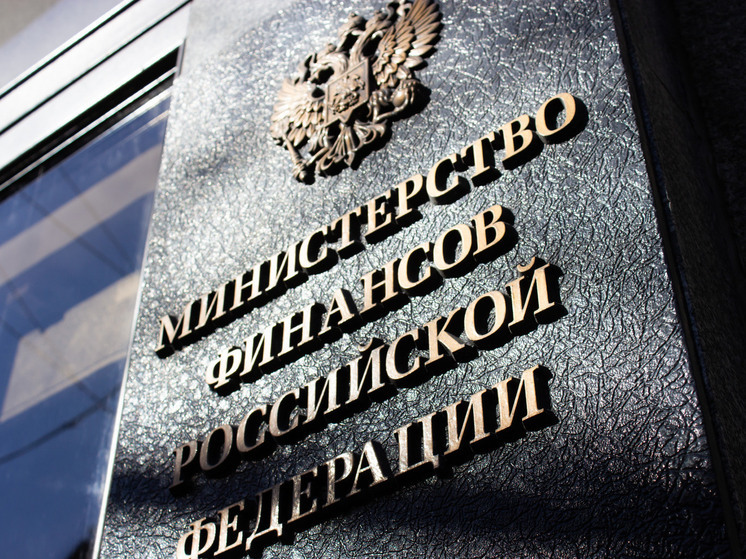The categories of businesses that retain the right to tax benefits have been named.

Starting in 2026, the Ministry of Finance intends to change the procedure for paying insurance premiums for small and medium-sized enterprises.
The tax burden on small and medium-sized businesses (SMEs) will increase, and benefits introduced during the pandemic will be eliminated. If these proposals are approved by the powers that be, they will come into effect as early as January 1 of next year. This conclusion follows from the draft budget published on the Ministry of Finance's website, which Anton Siluanov's department submitted to the government for discussion. MK investigated the essence of the changes.

test banner under the title image
Currently, small and medium-sized businesses included in the relevant SME register pay insurance premiums at a reduced rate. The approach is as follows:
· 30% of payments within the limit of 1.5 minimum wages (MW);
· 15% if payments exceed 1.5 minimum wages.
However, this procedure for paying insurance premiums will change for most small and medium-sized businesses if the government approves the Ministry of Finance's proposed amendments to the Tax and Budget Code. These amendments are available on the ministry's website. Once the amendments come into force, that is, starting January 1, the authorities will establish uniform rates: SMEs will pay 30% of their tax collections up to the maximum base and 15% above it. As a reminder, in 2025, the maximum base for calculating insurance premiums is 2.759 million rubles. These changes will effectively equalize small and medium-sized businesses' tax payments with those of large companies.
It is already known that businesses in the following sectors will be transferred to the general contribution rate:
· trade;
· construction;
· mining, etc.
Reduced insurance premiums will remain in place, but only for companies included in the SME register engaged in activities deemed a priority by the government. These include, in particular, the following types of businesses:
· processing;
· production;
· transport;
· electronics, etc.
The full list of types of businesses that retained their preferential insurance premiums, as well as those that lost them, has not yet been published. Authorities will likely clarify these categories in special documents in the future.
Reduced contributions for SMEs were a temporary measure introduced by the government during the COVID-19 pandemic to keep unemployment low. These benefits were subsequently extended at the request of businesses, the Ministry of Finance noted. However, this measure no longer addresses the issue of maintaining employment and is therefore being cancelled. As a reminder, according to Rosstat, unemployment in Russia stood at 2.2% in July, the highest level since May, setting a historical record.
Related material: The Ministry of Finance is changing taxation

mk.ru






